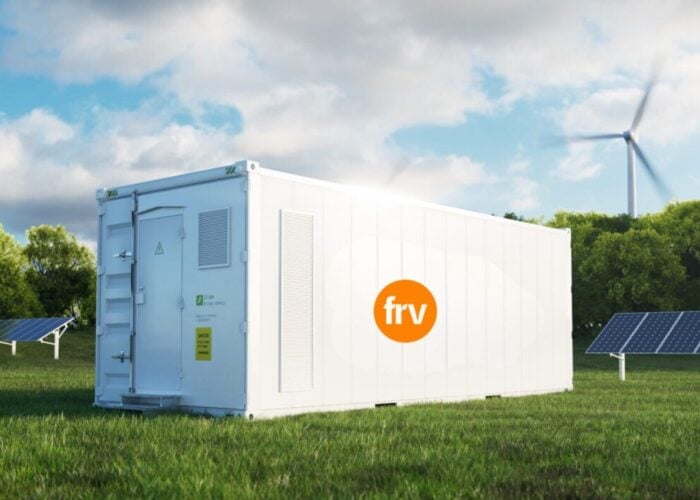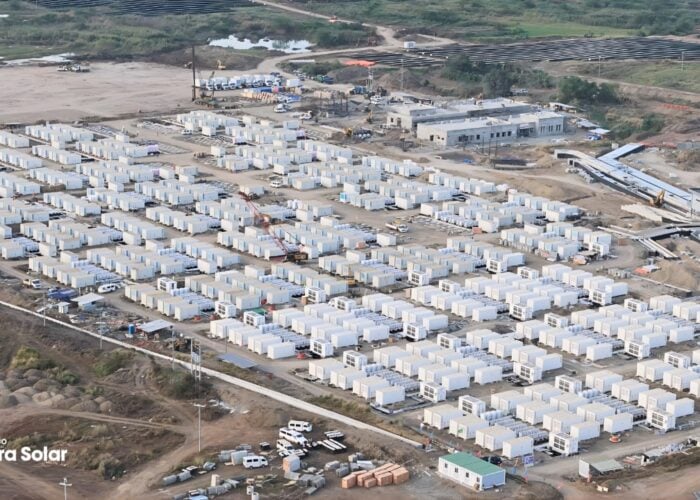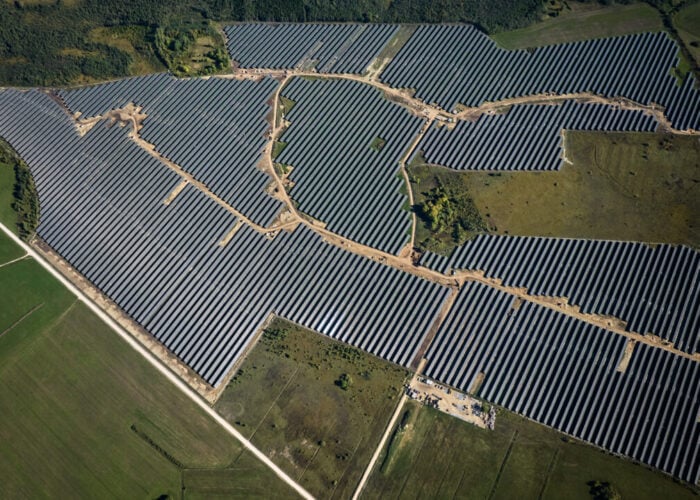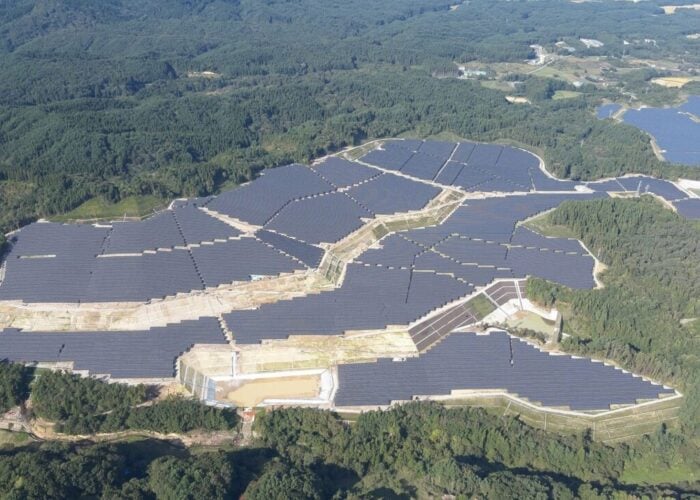
German trade association BSW-Solar has called the German government for a simplified, standardised and more digitalised grid access for solar PV and energy storage operators.
These were the main findings of a survey conducted by BSW-Solar among project developers in Germany.
Try Premium for just $1
- Full premium access for the first month at only $1
- Converts to an annual rate after 30 days unless cancelled
- Cancel anytime during the trial period
Premium Benefits
- Expert industry analysis and interviews
- Digital access to PV Tech Power journal
- Exclusive event discounts
Or get the full Premium subscription right away
Or continue reading this article for free
Solar companies that replied to the survey criticised the poor communication with many of the more than 800 grid operators in Germany, as well as the slow process with grid connection requests.
Respondents of the survey also criticised the slow process for large-scale battery energy storage systems (BESS). A majority of the respondents (63%) said that requests for co-locating solar with storage ended up with either no response for the grid connection request, a rejection or a notification that grid connection will not be possible until the end of 2028.
Carsten Körnig, managing director at BSW-Solar, commented: “The often poor communication of grid operators is increasingly hindering the energy transition. In the future, politicians must hold them more accountable for standardising and digitising their processes and adhering to binding deadlines.”
Moreover, survey respondents identified the lack of transparency regarding grid capacities as the biggest obstacle for the construction of ground-mounted solar PV systems. This was followed by a failure to comply with deadlines to provide information and a lack of personnel resources from grid operators.
According to the trade association, the average time to receive a successful grid connection can be less than four months, with the more extreme cases reaching years.
Amidst the survey results, the German trade association called on the government to amend the Energy Industry Act through five key points.
These are to increase grid transparency by introducing non-binding grid connection information, enabling project developers to obtain information before submitting a grid connection request; creating binding reservation options for network capacities that take appropriate account of project progress in order to improve planning and investment security for project developers and to avoid blockages caused by unused commitments; digitalisation of grid connection requests; universalise the deadlines in the grid connection process and sanction non-compliance; and introducing a right to “overbuild” grid connection points in regards to the grid operator, in order to more efficiently use the limited grid capacity with the co-location of energy storage.
The last point is due to 90% of the companies surveyed stating that they plan to submit applications for co-located ground-mounted solar PV with BESS in the future, where the installed generation capacity exceeds the agreed feed-in capacity.






